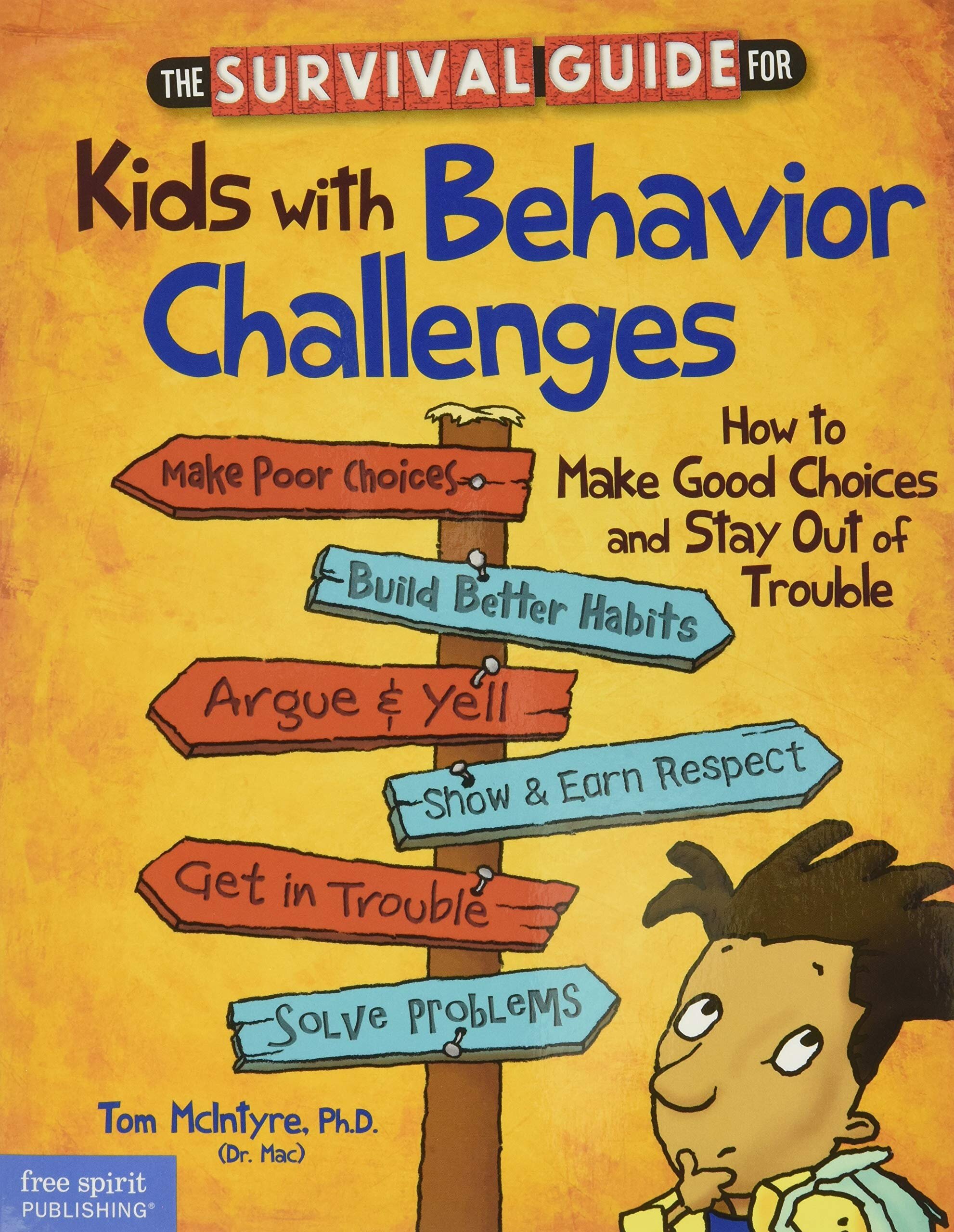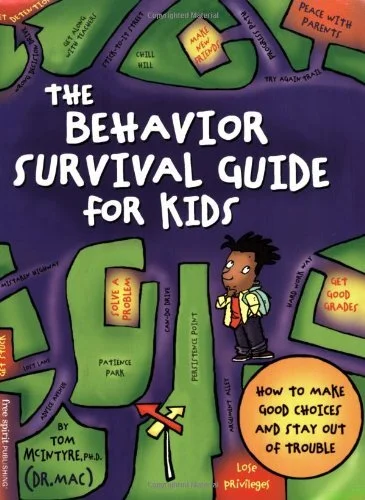5 parenting tips to help your child stop getting in trouble at school.
Getting in trouble at school is stressful for everyone involved. Classroom time is disrupted, and parents are pressured by the school to handle the situation. Children get double punishments: punishment at school and punishment when they get home. With all the rules children are meant to follow, it can be hard not to get in trouble at school. The good news is you can help your child stay out of trouble in many ways.
1. Stay calm.
Getting yet another phone call from the school about your child’s behavior is no doubt stressful and annoying. Try to control your feelings while you talk with your child and figure out how to deal with the situation. If your child is scared or embarrassed, they will likely clam up or get too anxious to have a productive conversation about their behavior. If you stay calm and help your child stay quiet, you will be better able to figure out a solution.
2. Let your child tell their side of the story.
Encourage your child to tell you, in their words, what happened and why they got in trouble. Help your child work through the situation independently instead of telling them how things are. The key word here is “listen”. Listen intently to what your child is saying. This will help him realize you care and allow him to get his feelings out. While your child is talking, you might also be able to pick up on clues to the underlying reason for his behavior.
3. Figure out the reason for getting in trouble.
Understanding the reason for your child’s behavior is crucial because you will better fix the situation effectively and efficiently. If the reason for your child’s bad behavior isn’t apparent, you can do some detective work. Ask your child more questions about the situation. You can also schedule a conference with his teacher. Chances are there are clear reasons for your child’s behavior.
4. Make a plan.
After you’ve figured out why your child is misbehaving, you can begin to make a plan to prevent the bad behavior from repeating. Start by asking what they think they should do differently next time. Ask them what they learned from this experience. Let your child be involved as much as possible in this process. It will help them feel like you are a team.
5. Reward positive behavior.
Rather than punish for bad behavior, set a warm routine of rewarding for positive behavior. This can be done with a mobile reward chart where you list your expectations and let kids earn what they want from auniversal wish list like Wishfinity.




